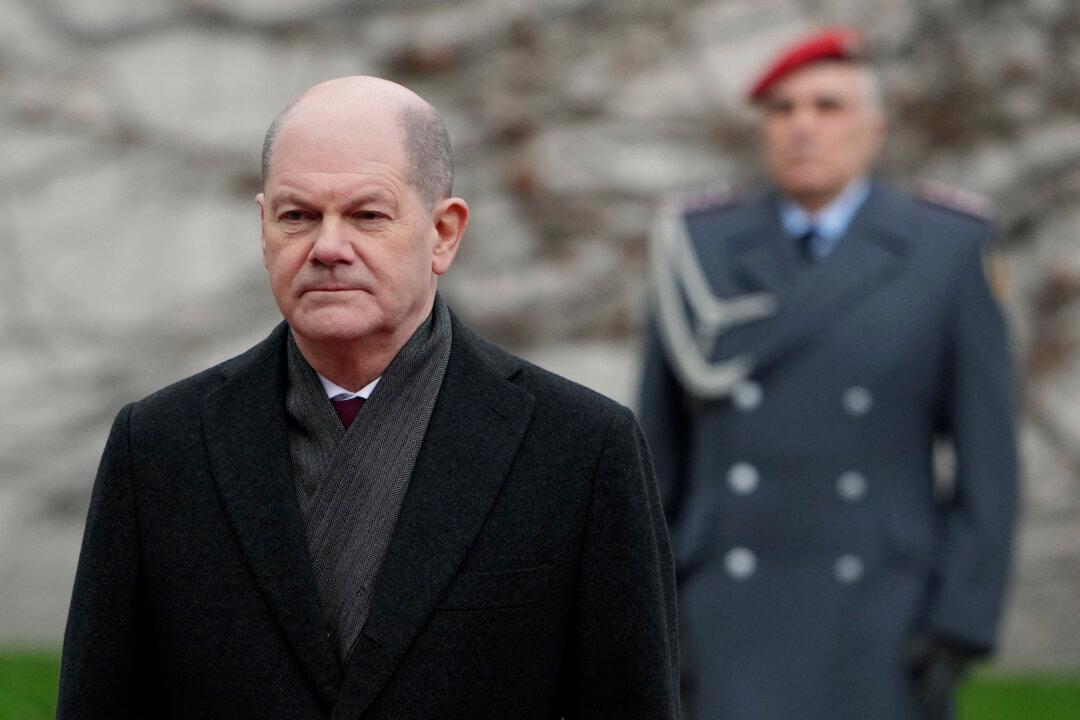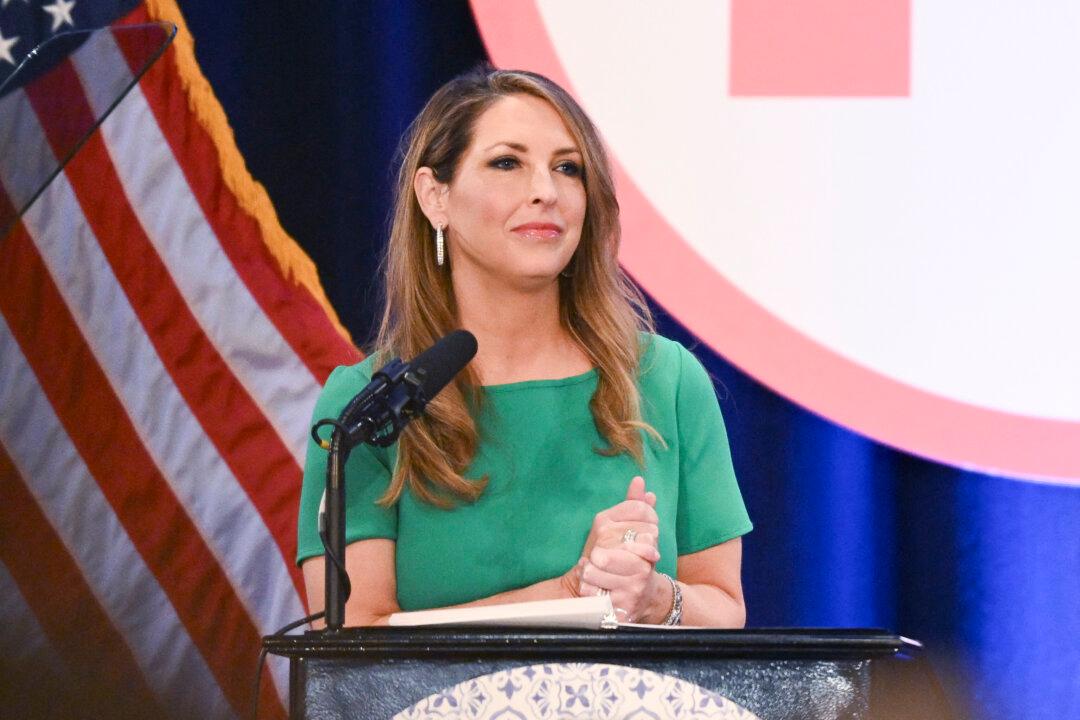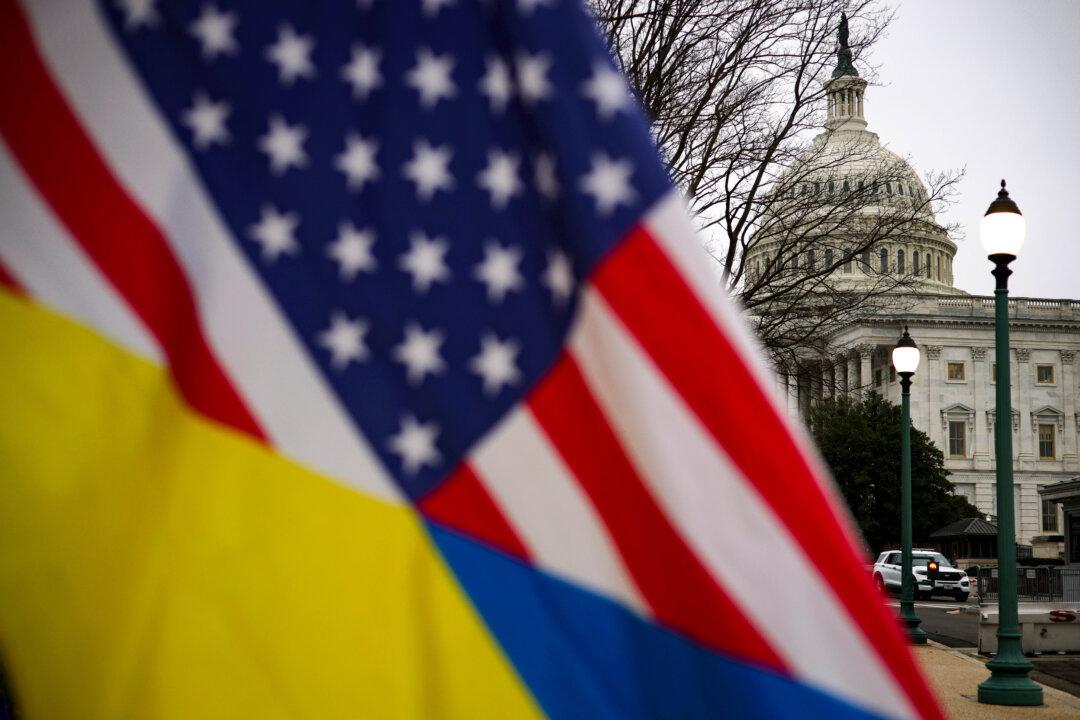German Chancellor Olaf Scholz rejected calls to ban Russian oil and gas, saying energy imports from Russia are “essential” for Germany.
“At the moment, Europe’s supply of energy for heat generation, mobility, power supply, and industry cannot be secured in any other way. It is therefore of essential importance for the provision of public services and the daily lives of our citizens,” he said in a statement.





